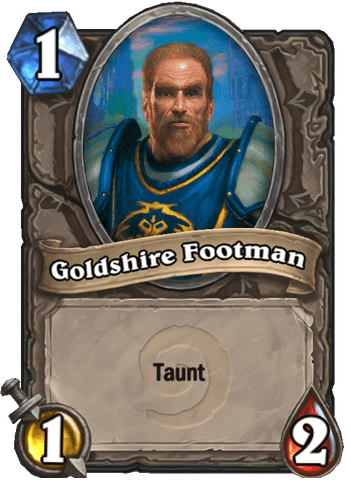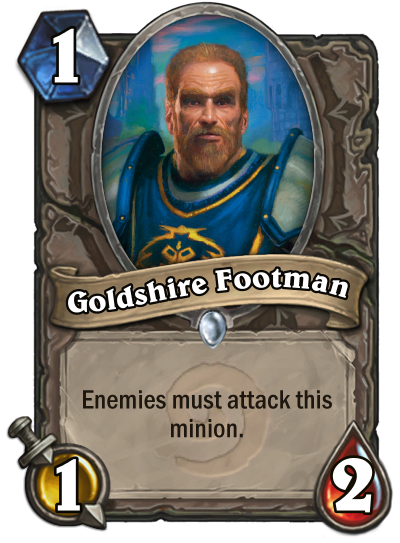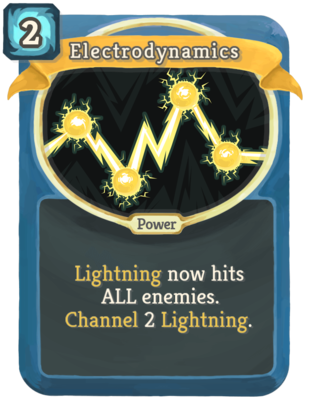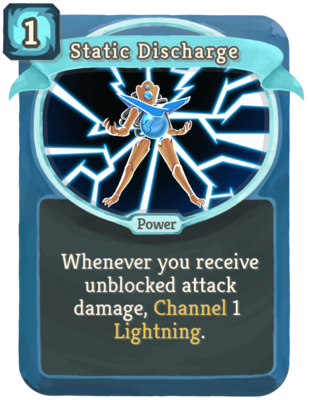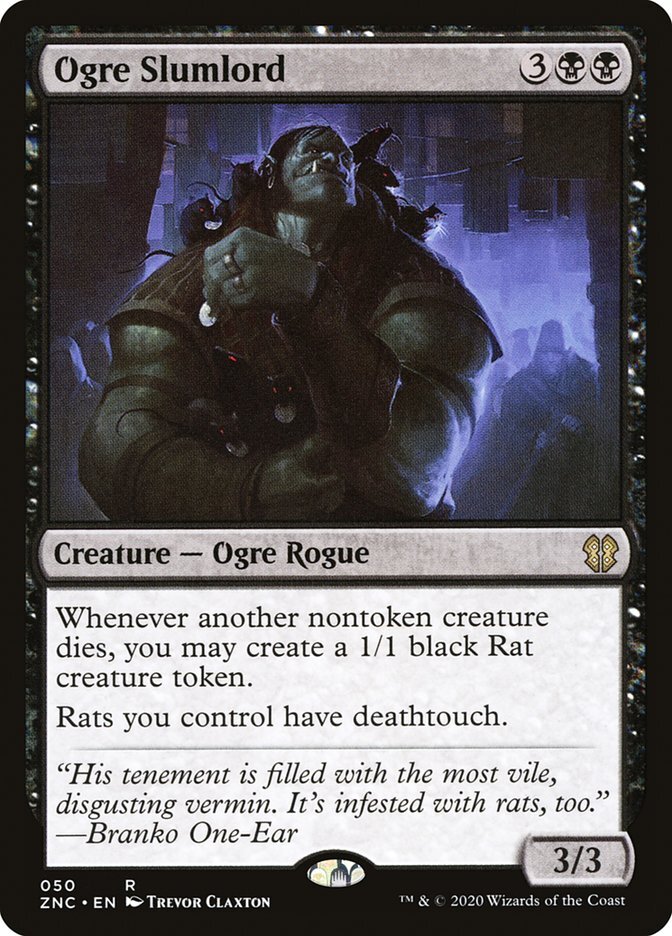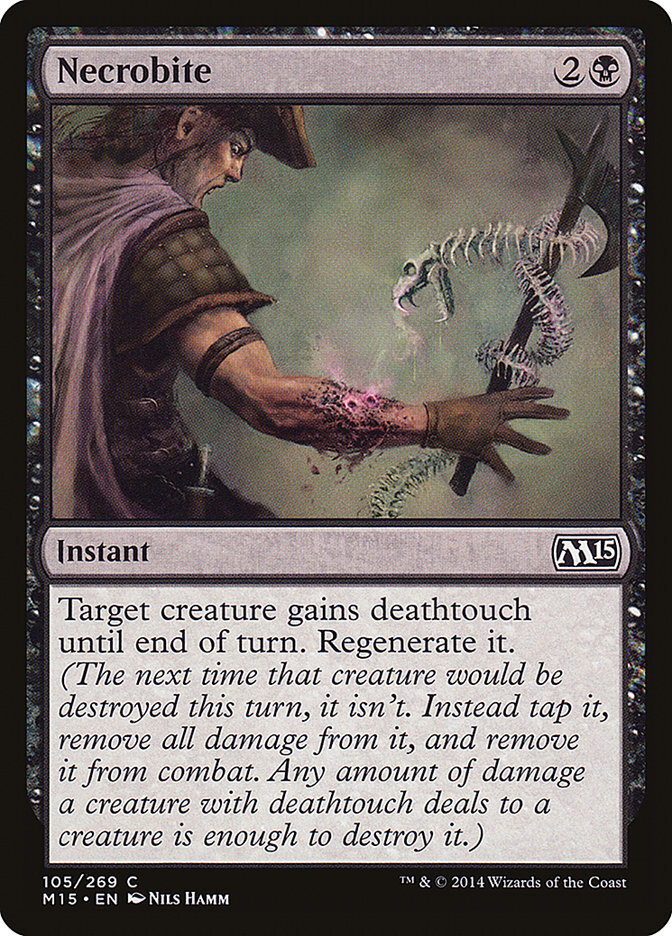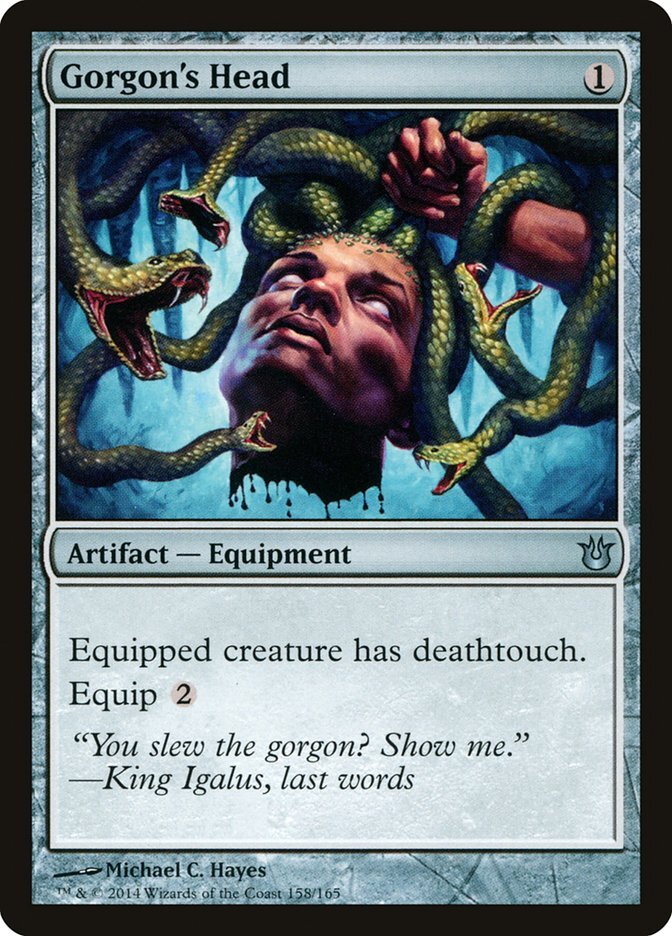When creating a game (especially a card game), keywords can be an extremely useful design tool. When used effectively, keywords can help convey a lot of complex information to the player in a quick and accessible way. But when used incorrectly, you can accidentally leave players overwhelmed and frustrated. So when should you use keywords in your game, and how can you use them effectively? Let’s learn the key to using keywords.
What is a Keyword?
To put it simply, a Keyword is a word or short phrase that is used to signify a complex set of rules, mechanics, and interactions. They are very common in card games, but they are used in a lot of other genres (such as RPGs or strategy games).
To take a simple example from Hearthstone, let’s look at the Taunt keyword. Normally, players can use their minions and weapons to freely attack whatever enemy characters they want. But some minions in the game have the Taunt keyword on them, which means that they have to be attacked first before you can attack something else.
You could in theory write the phrase “Enemies must attack this minion” on the card instead of writing “Taunt” and it would be the same, but using a keyword lets you convey the same information significantly faster.
Mechanically the same, but with 1/5 of the words.
The main drawback of using keywords though is that players have to memorize what each keyword means in order to play. If you are playing Hearthstone but you don’t know what Taunt means, you won’t understand how Goldshire Footman works. In those situations, writing out the full text would be better for reducing comprehension errors.
When Should You Use a Keyword?
Broadly speaking, there are four main times you want to use keywords in your game:
1. Text Reduction
In most games, you only have a limited amount of space in which to fit all your game text. For card games specifically, that limit is usually only 1-3 sentences per card before your font size becomes too small to read. But with keywords, you can shrink a paragraph of text down to just a handful of words. As an example, here’s a full-text version of Zilliax from Hearthstone:
Oh god this hurts to look at.
As you can see on Zilliax, writing out all of these effects takes up a looot of space. But by using keywords, you can reduce the card text dramatically and make it much easier to read!
Much better! Now the text is unified. Precise. Perfect.
2. Prevalence
If you have a core mechanic in your game that players will be interacting with frequently, it might be worth turning it into a keyword. Turning common mechanics into keywords is especially helpful for more experienced players, as it helps them tell at a glance what effects a card, item, or ability will have in your game.
Drummer from the Heart of the Mountain prototype.
To use an example from Heart of the Mountain, we use the Advance keyword on our cards as shorthand for “Activate the next artifact slot in your Machine”. Though the keyword only appears on a handful of cards, the mechanic is something players do at least once every turn. Because the action is so common, we can turn it into a keyword to help make cards easier to parse without asking new players to memorize more information than they already were.
3. Mechanical Synergy
A major benefit to using keywords is that it becomes much easier to create synergies across cards that share the same keywords. By incorporating mechanics that directly empower or interact with keywords, you can better define archetypes and create distinct factions in your game.
Let’s take a look at these two cards from Slay the Spire:
Even if you don’t know what these cards do, you can tell at a glance that they work together because they both have the Lightning and Channel keywords on them. Though you can definitely create more subtle synergies and combos in your game (e.g. Reboot + Aggregate), keywords help make these synergies more obvious for newer players.
4. Flavour
Keywords are inherently evocative. Because they embody so much mechanical significance, your eyes are immediately drawn to them. This provides a great opportunity to infuse lore, personality, and character into your game. You see this a lot in Trading Card Games, where each new set tends to introduce a new keyword. These keywords provide opportunities to enrich the theme and setting of that expansion.
To give an example, let’s look at Deathtouch in Magic: the Gathering:
Deathtouch is a keyword that essentially means “Whenever this deals damage to a creature, destroy it.” The word “Deathtouch” is evocative of sneaky assassins, deadly poisons, and instantaneous petrification, which is why it makes sense to have on cards like Ogre Slumlord, Necrobite, and Gorgon’s Head. But if you renamed the same effect to “Omnipotent”, it has a completely different meaning. Now the keyword is evocative of deities, ancient relics, and unfathomable weaponry. Even though mechanically it could still make sense (e.g. cards are “Omnipotent” because they are so powerful they can destroy anything), it doesn’t make sense thematically anymore.
When Shouldn’t You Use a Keyword?
There are two main ways that keywords can hurt your game:
1. Complexity
By definition, keywords don’t fully explain themselves. They rely on players reading a rulebook or tooltips in order to understand what they mean. This is fine if the mechanic they signify is low-complexity (such as our previous examples of Taunt, Advance, and Deathtouch). But if the mechanic is complicated, the keyword could be too difficult to understand or remember.
To give an example, imagine I had a game with the keyword “Aggressive”. If it means something like “Deal extra damage when attacking” or “Must attack every turn”, it’s a simple mechanic to understand. But if it means something like this…
“Deal double damage when attacking.
Can only attack on odd turns.
Each time you attack, roll a 6-sided die. On a 6, you may attack next turn even if it is an odd turn.
When attacking on an odd turn, deal triple damage instead of double.”
…the keyword becomes too difficult to remember and should instead be written out in full (or split into multiple keywords).
2. Overload
Speaking of multiple keywords, each keyword you include in your game puts a cognitive load on your players. Even if all your keywords are simple and clear, each new keywords a player encounters adds to the list of keywords they are expected to know. This is fine while the list is small, but there’s a tipping point. Eventually, you’ll pass a cognitive threshold where players become overwhelmed. When a player becomes overwhelmed, they tend to get confused with both new keywords they encounter and older keywords they used to understand.
It’s very important to not pass this keyword overload threshold. Unfortunately, it’s really tough to know where that threshold is. So my advice is to only use a keyword when it is absolutely necessary for one of the above 4 reasons. If a keyword is ever no longer necessary, consider removing it to feel up some cognitive load for your players.



